Uganda Decides
Feb 18, 2016
Uganda’s oldest political parties, UPC and DP did not field candidates

Follow this link for election updates
Exactly five years ago today, Ugandans took to the polls to elect a President and Members of Parliament.
Voters once again today will choose their President from among eight candidates in the 7th post-independence general elections, billed one of the most competitive election.
Polling will be conducted at 28,010 polling stations in 57,842 villages spread across the country's 112 districts.
According to the National Voters Register compiled by the Electoral Commission, there are 15,277,198 registered voters, a significant increase from 13.9 million registered voters in 2011.
Polling will take place from 7:00am to 4:00pm. The closing time was reduced from 5:00pm through the Presidential Elections (Amendment Act), 2015, in order to give polling officials more time to count votes.
Today has been declared a public holiday.
The elections to choose a president, constituency members of Parliament and the district Woman representatives will be monitored by over 2,000 local and international observers.
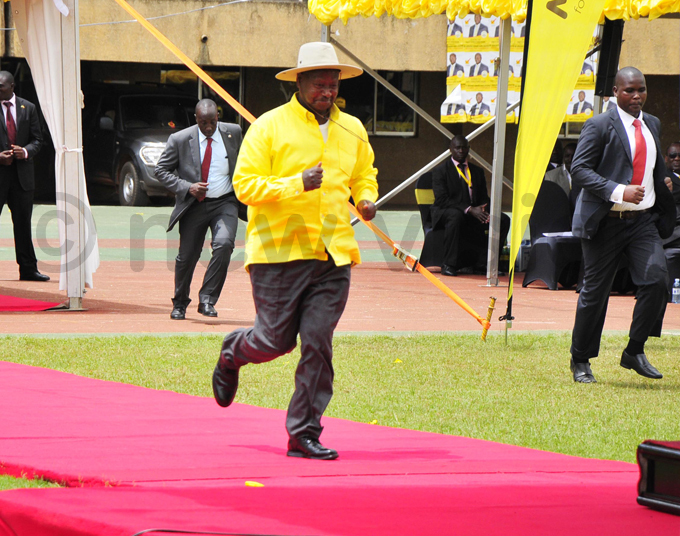 President Yoweri Museveni is widely tipped to win another term in office.
President Yoweri Museveni is widely tipped to win another term in office.
One of the presidential candidates is incumbent head of state and National Resistance Movement (NRM) flag bearer, Yoweri Museveni, who is seeking a fifth term.
Other contenders are former Prime Minister, Amama Mbabazi (Go-Forward), Dr Kizza Besigye (Forum for Democratic Change), Dr Abed Bwanika (People's Development Party), Maj.Gen Benon Biraro (Farmers Party) and independent candidates Joseph Mabirizi, Maureen Kyalya and Venansius Baryamureeba.
Unlike in the past elections, Uganda's oldest political parties, Uganda People's Congress (UPC) and Democratic Party (DP) did not field candidates, after they agreed to join The Democratic Alliance (TDA).
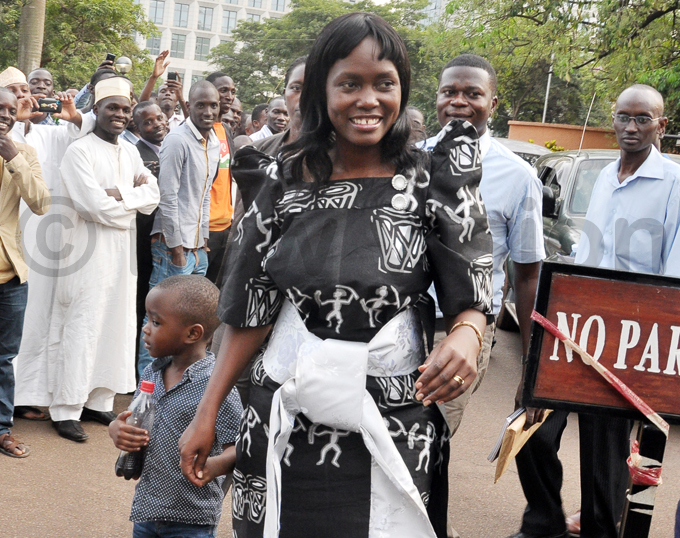 Maureen Kyalya is the only female contestant.
Maureen Kyalya is the only female contestant.
However, TDA, which sought to field a single candidate to challenge Museveni, broke into two factions, one supporting after Besigye and another Mbabazi, after the two leaders disagreed on who should lead.
All the opinion polls conducted in the run up to the polls since last year have put Museveni in a comfortable lead ahead of his opponents, with Besigye coming second.
The National Constitution says a candidate must score over 50% of the valid votes cast to be declared a winner.
This is the first election where a Biometric Voter Identification System will be used to verify voters' identity. All registered voters are allowed to cast their ballots, including those without identity cards.
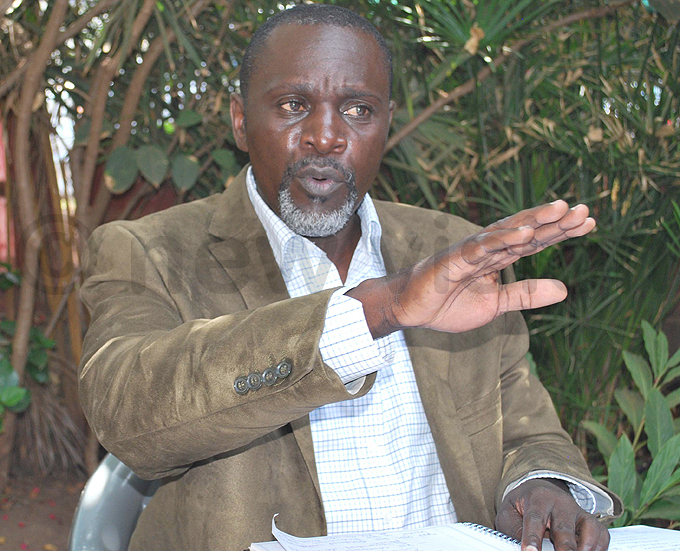 Abed Bwanika will be hoping for better fortunes this time around.
Abed Bwanika will be hoping for better fortunes this time around.A total of 32,334 biometric voter identification machines were procured for use at all the polling stations during the elections.
Eligible voters are those who are 18 years and above and whose biodata and photo appear on the national voters' register.
Campaigns
The presidential campaigns kicked off on November 9 last year and ended on Tuesday (February 16), with the candidates traversing all or majority of the country's 112 districts in search for support.
President Museveni will cast his vote from his home district of Kiruhura, while the main opposition frontrunner Besigye will vote from his cradle, Rwakabengo village in Rukungiri district.
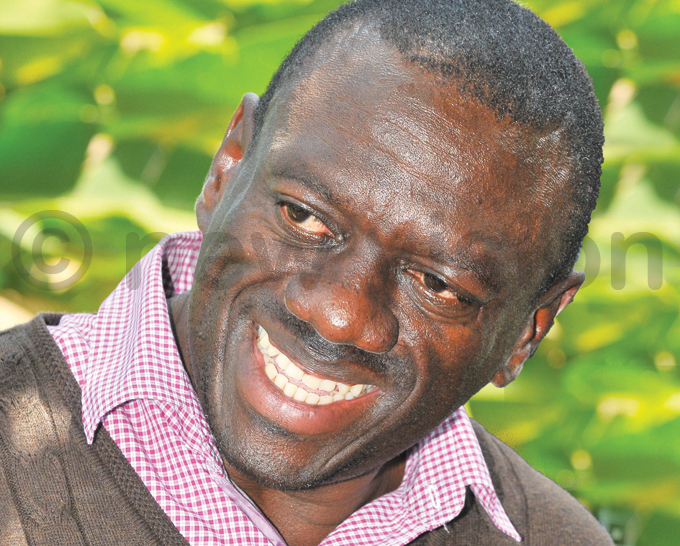 FDC flag bearer Kizza Besigye is seen as President Museveni's closest challenger.
FDC flag bearer Kizza Besigye is seen as President Museveni's closest challenger.
Security has been tightened countrywide.
Declaration of results
Results for all the other categories at the polling station will be announced by the presiding officer while those for Parliamentary elections will be declared at the districts.
However, final presidential results will be declared by the Electoral Commission chairperson, Badru Kiggundu, at the National Tally Centre at Namboole Stadium in Kampala within 48 hours from Thursday.
No arrangements have been made for Ugandans in the diaspora, prisoners, the sick in hospital or people who will be on duty to vote.
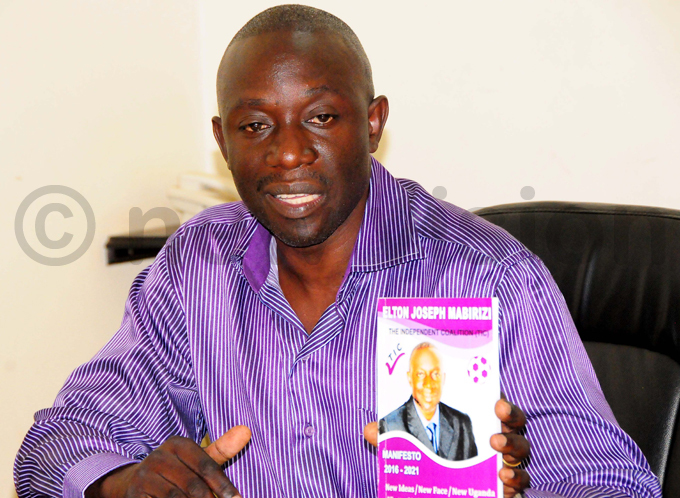 Joseph Mabirizi has garnered a cult following among the electorate.
Joseph Mabirizi has garnered a cult following among the electorate.Uganda's past elections
The 1962 elections: Uganda held its first elections on 25th April 1962. Post-independence elections scheduled for 1967 were postponed by the then president, Milton Obote because of the crisis of 1966 that pit his government against Buganda kingdom.
Elections which were due in 1971 were canceled by Idi Amin when he took power through a military coup.
The 1980 general elections: The Uganda National Liberation Front (UNLF), an interim government formed when the Tanzanian army overthrew Amin's military regime in 1979, organized the first national elections since independence. These elections were held in December 1980.
The major political parties were UPC and DP. The Uganda Patriotic Movement (UPM), which was new on the political scene, was led by Yoweri Museveni.
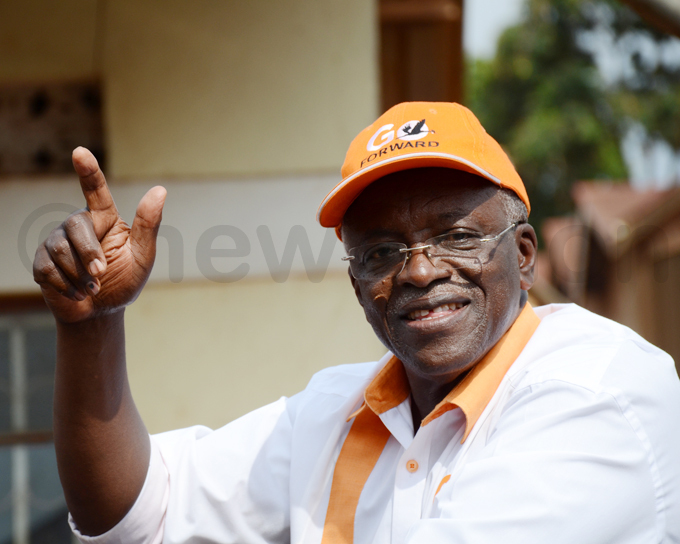 Former prime minister Amama Mbabazi is going up against his former boss.
Former prime minister Amama Mbabazi is going up against his former boss.
The results of the elections held in December of that year were contested and Museveni launched a guerrilla war citing poll rigging.
The 1996 elections: This was the first direct presidential election in Uganda since 1962. President Yoweri Kaguta Museveni emerged winner to serve a 5-year term after securing a 75.5% vote.
Museveni defeated his arch rival Paul Kawanga Ssemogerere, who had served as his Foreign minister but left government to join the opposition.
The 2001 elections: During this election, the sitting President Museveni for the first time got a challenger from within the NRM party. Col. Dr. Kizza Besigye was a candidate of the Reform Agenda.
Besigye was a former National Political Commissar in NRM and President Museveni's personal doctor during the bush war. Both 1996 and 2001 elections were held under the Movement no-party system.
 Retired Maj Gen Benon Biraro is contesting under the Farmers Party.
Retired Maj Gen Benon Biraro is contesting under the Farmers Party.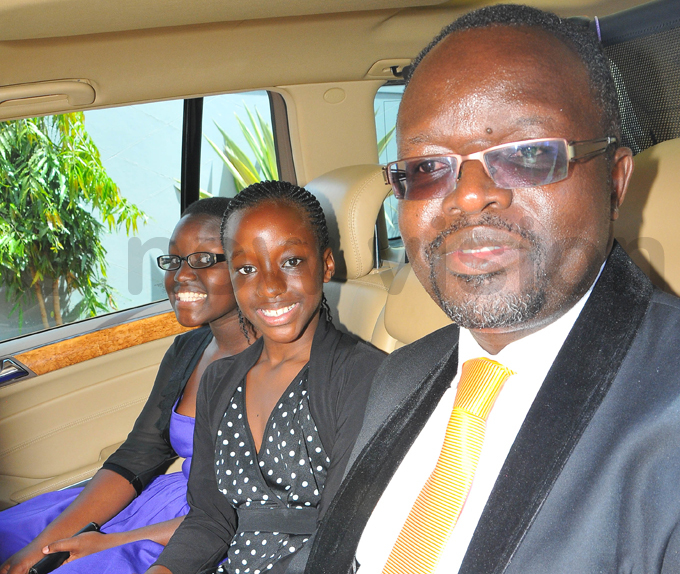 Former Makerere University vice chancellor Venansius Baryamureeba.
Former Makerere University vice chancellor Venansius Baryamureeba.
Museveni won the election with a 69.3% vote while Besigye had 27.8%.
The 2006 elections: This took place on February 23. It was the first multiparty election since Museveni came to power in 1986. Museveni won the polls with 59.2% and Besigye came second with 37.3%.
The 2011 elections: Museveni won the polls with 68.3% while Besigye had 26%. This year will be Besigye's fourth attempt at the presidency.
It is the third election Uganda is undertaking under a multi-party political dispensation that took root following a 2005 referendum that favoured the transition from a single party movement system.
Candidate Museveni is facing off against his two former NRM party members and ministers in his government (Mbabazi and Besigye.
